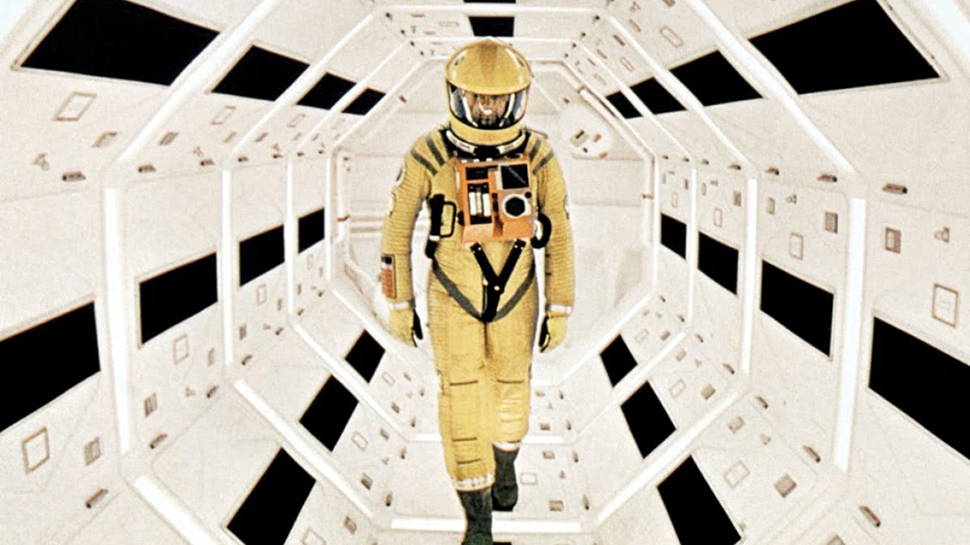“2001: Creation from Within or Without?” This is the 50th anniversary of the movie,”2001: A Space Odyssey.” The movie is about the search for the extraterrestrial origin of a series of monoliths, one of which sparked the origin of human intelligence. So, where does our humanness come from? There are two traditions: From without, as we see in Genesis 2.7. …
The Larger The City You Live In, The More Magnetic Particles Enter Your Brain
Can traffic fumes go to your head? Ultra-fine particles of metal in exhaust gases fly up our noses and travel into our brains, where they contribute to diseases associated with the central nervous system, and the more congested the city, the bigger the problem. Iron nanoparticles were already known to be present in the brain — but they were thought …
Nika Knight – Linking Alzheimer’s to Pollution, Study Finds ‘Abundant’ Toxic Nanoparticles in Human Brains
Toxic magnetic nanoparticles from air pollution have been discovered in “abundant” quantities in human brains, according to a new study. The study, published Monday in the Proceedings of the National Academy of Sciences (PNAS), is particularly alarming because other research recently raised the strong possibility of a link between such particles and Alzheimer’s disease. “Magnetite in the brain is not something you …
Science Explains How Complaining Is Negatively Altering Your Brain
Listening to someone complain, even if it’s yourself, has never done anyone any good. Some people say that it may act as a catharsis, a way to let go of negative emotions and experiences, and maybe letting it all out once in a while does feel good, but taking a closer look at what complaining actually does to the brain …
Most complete human brain model to date is a ‘brain changer’
Scientists at The Ohio State University have developed a nearly complete human brain in a dish that equals the brain maturity of a five-week-old fetus. The brain organoid, engineered from adult human skin cells, is the most complete human brain model yet developed, said Rene Anand, professor of biological chemistry and pharmacology at Ohio State. The lab-grown brain, about the …
Addiction is not a disease: A neuroscientist argues that it’s time to change our minds on the roots of substance abuse – LAURA MILLER
The mystery of addiction — what it is, what causes it and how to end it — threads through most of our lives. Experts estimate that one in 10 Americans is dependent on alcohol and other drugs, and if we concede that behaviors like gambling, overeating and playing video games can be addictive in similar ways, it’s likely that everyone …





